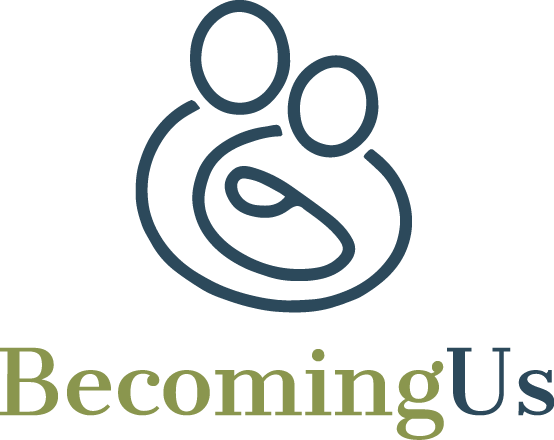Working in the perinatal field, you get to see so many expectant parents take their first steps on the parenthood journey. They have such high hopes for their beautiful new family. Deep down you hope that they all make it, that their family is together forever. But the sad reality is it’s estimated that in the US, as many as 1 in 4 fathers leaves the family home by the time their child is four years old.
So what makes the difference between the parents that stay together and the families that don't survive early parenthood?
The research shows that one of the biggest factors is how they manage stress as a couple. Managing stress either helps them travel together in the same direction - or pushes them further and further apart. In fact, landmark research conducted by Belsky and Kelly showed that this polarization occurred in both happy couples and unhappy couples too. So, it’s normal. But it needs to be managed: so happy couples don’t become unhappy and unhappy couples can become happier.
The researchers found that after the birth, a couple’s connection improved or declined based on their ability to “reach across their differences”. For example, in their 'new normal' after birth, mothers tend to take on most of the responsibility of for the baby's health and wellbeing, while partners often feel that they’re under more pressure to provide and maybe work longer hours, while at the same time feel that they’re missing out on what's happening at home.
This ‘divide and conquer’ approach to early parenthood may make sense in terms of tackling tasks, but it can leave partners feeling disconnected at the end of their very different days, and for some, the beginning of drifting apart.
What if you could help new parents to travel together, hand in hand, in the face of uncertainty, change and dashed expectations?

